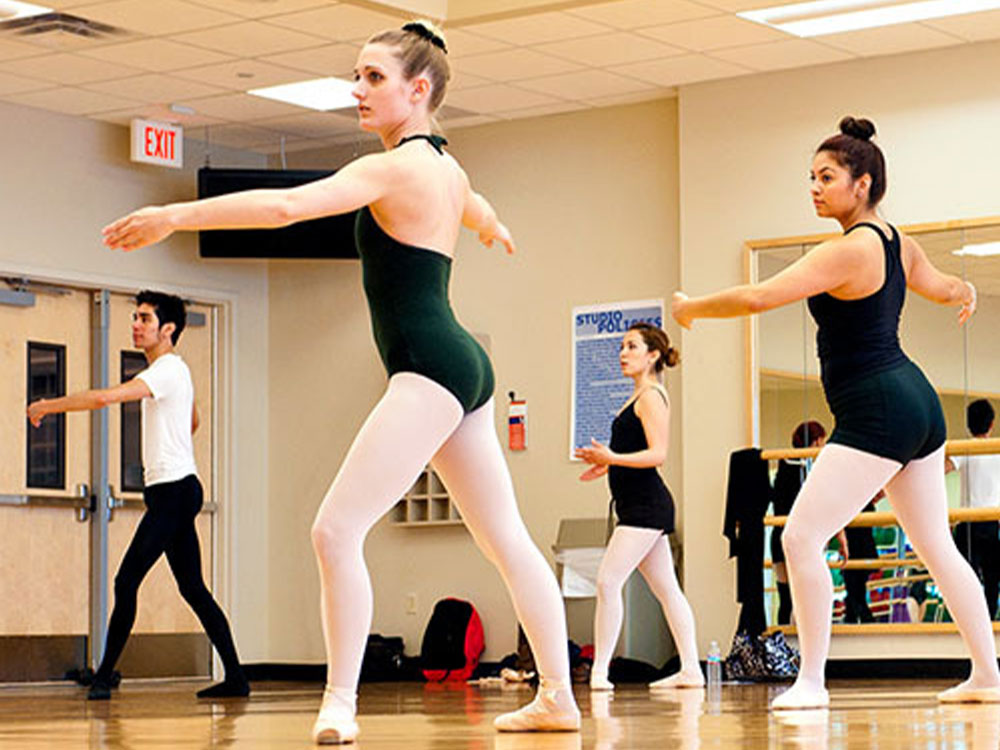Value of a Minor
Are you interested in enhancing your studies with a minor? In addition to major areas of study, UT San Antonio offers a variety of programs that provide valuable contributions to students' academic careers. While pursuing an undergraduate minor, students have the opportunity to explore personal interests and passions outside of their major program or complement their current major, helping them further stand out in the job market.
Why Pursue a Minor in Dance
This minor is ideal for students who are interested in dance to complement their degree, or to simply further their passions during their undergraduate career. From pirouettes to pliés, students will have the opportunity to explore various movement concepts and gain performance experience in the annual Spring Dance Showcase. Students will learn about dance as an art form and the influence of dance throughout historical, political, and social events. This program is open to all majors and no audition is required.

What You'll Study
Students pursuing the Minor in Dance will take the following courses:
- Ballet I
- Modern Dance I
- Introduction to Dance
- Jazz and Musical Theater Dance
- History of Dance
When students reach upper level courses, they must choose to focus on Ballet or Modern Dance. This program also offers the flexibility to substitute a required course for Topics in Dance, which has highlighted topics such as contemporary jazz or choreography. To declare a Minor in Dance, students must submit the Declaration of Minor form.
Adding a Minor
Though not required, declaring a minor is an excellent way to enhance your major area of study. A minor typically consists of 6 courses (18 semester credit hours), and may have additional requirements depending on the minor selected. After being admitted to UT San Antonio and registered for classes, students can meet with their assigned academic advisor to discuss the addition of a minor to their degree plan.
Please note, students can add a minor as long as they have earned less than 75 credit hours. However, the addition of a minor may or may not delay graduation. All requirements for the minor must be met at graduation; a minor cannot be added to a student’s degree program once they graduate. Students should meet with their assigned academic advisor to understand the impacts of adding a minor to their degree plan.




